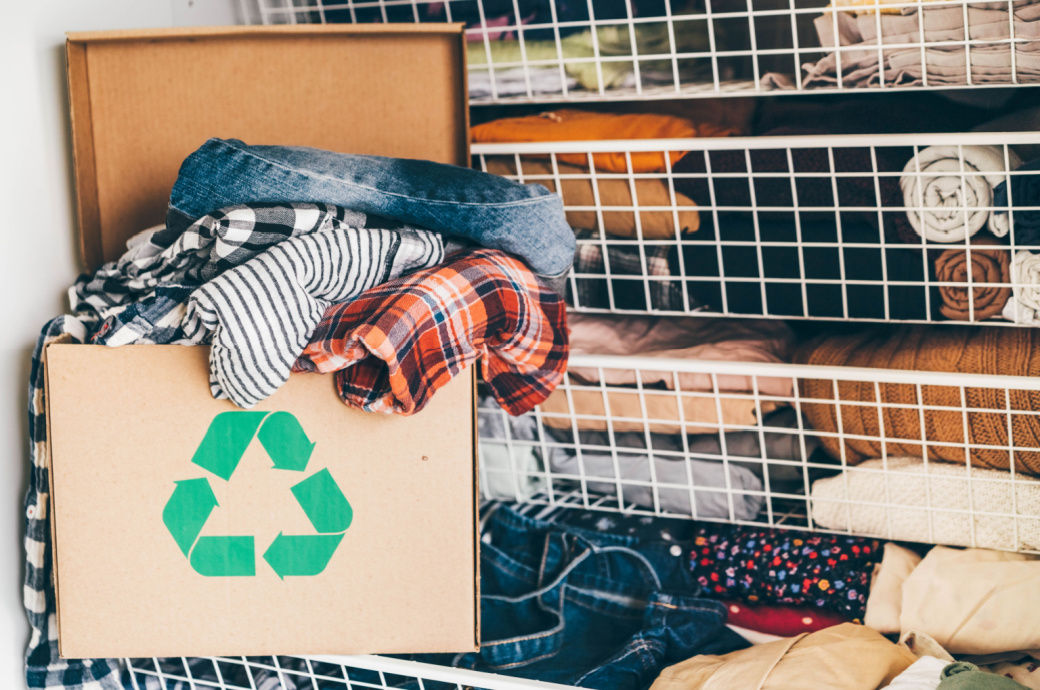European Commission proposes new EU rules on packaging to tackle waste

On an average, each European generates almost 180 kg of packaging waste per year. Packaging is one of the main users of virgin materials as 40 per cent of plastics and 50 per cent of paper used in the EU is destined for packaging. Without action, the EU would see a further 19 per cent increase in packaging waste by 2030, and for plastic packaging waste even a 46 per cent increase.
For the industry, the rules will create new business opportunities, especially for smaller companies, decrease the need for virgin materials, boosting Europe's recycling capacity as well as making Europe less dependent on primary resources and external suppliers. They will put the packaging sector on track for climate neutrality by 2050, an official release said.
The Commission also brought clarity to consumers and industry on bio-based, compostable and biodegradable plastics: setting out for which applications such plastics are truly environmentally beneficial and how they should be designed, disposed of and recycled.
The proposals are key building blocks of the European Green Deal's Circular Economy Action Plan and its objective to make sustainable products the norm. They also respond to specific demands of Europeans as expressed at the Conference on the Future of Europe.
The proposed revision of the EU legislation on Packaging and Packaging Waste has three main objectives. The first is to prevent the generation of packaging waste: reduce it in quantity, restrict unnecessary packaging and promote reusable and refillable packaging solutions.
The second is to boost high quality (‘closed loop') recycling: make all packaging on the EU market recyclable in an economically viable way by 2030.
And the third is to reduce the need for primary natural resources and create a well-functioning market for secondary raw materials, increasing the use of recycled plastics in packaging through mandatory targets.
The headline target is to reduce packaging waste by 15 per cent by 2040 per member state per capita compared to 2018. This would lead to an overall waste reduction in the EU of some 37 per cent compared to a scenario without changing the legislation. It will happen through both reuse and recycling.
To foster reuse or refill of packaging, which has declined steeply in the last 20 years, companies will have to offer a certain percentage of their products to consumers in reusable or refillable packaging. To address clearly unnecessary packaging, certain forms of packaging will be banned.
Many measures aim to make packaging fully recyclable by 2030. This includes setting design criteria for packaging; creating mandatory deposit return systems for plastic bottles and aluminium cans; and making it clear which very limited types of packaging must be compostable so that consumers can throw these to biowaste.
There will also be mandatory rates of recycled content that producers have to include in new plastic packaging. This will help turn recycled plastic into a valuable raw material – as already shown by the example of PET bottles in the context of the Single-Use Plastics Directive.
Fibre2Fashion News Desk (DS)
































-Ltd..jpg?tr=w-120,h-60,c-at_max,cm-pad_resize,bg-ffffff)





.jpg?tr=w-120,h-60,c-at_max,cm-pad_resize,bg-ffffff)
.jpg?tr=w-120,h-60,c-at_max,cm-pad_resize,bg-ffffff)






